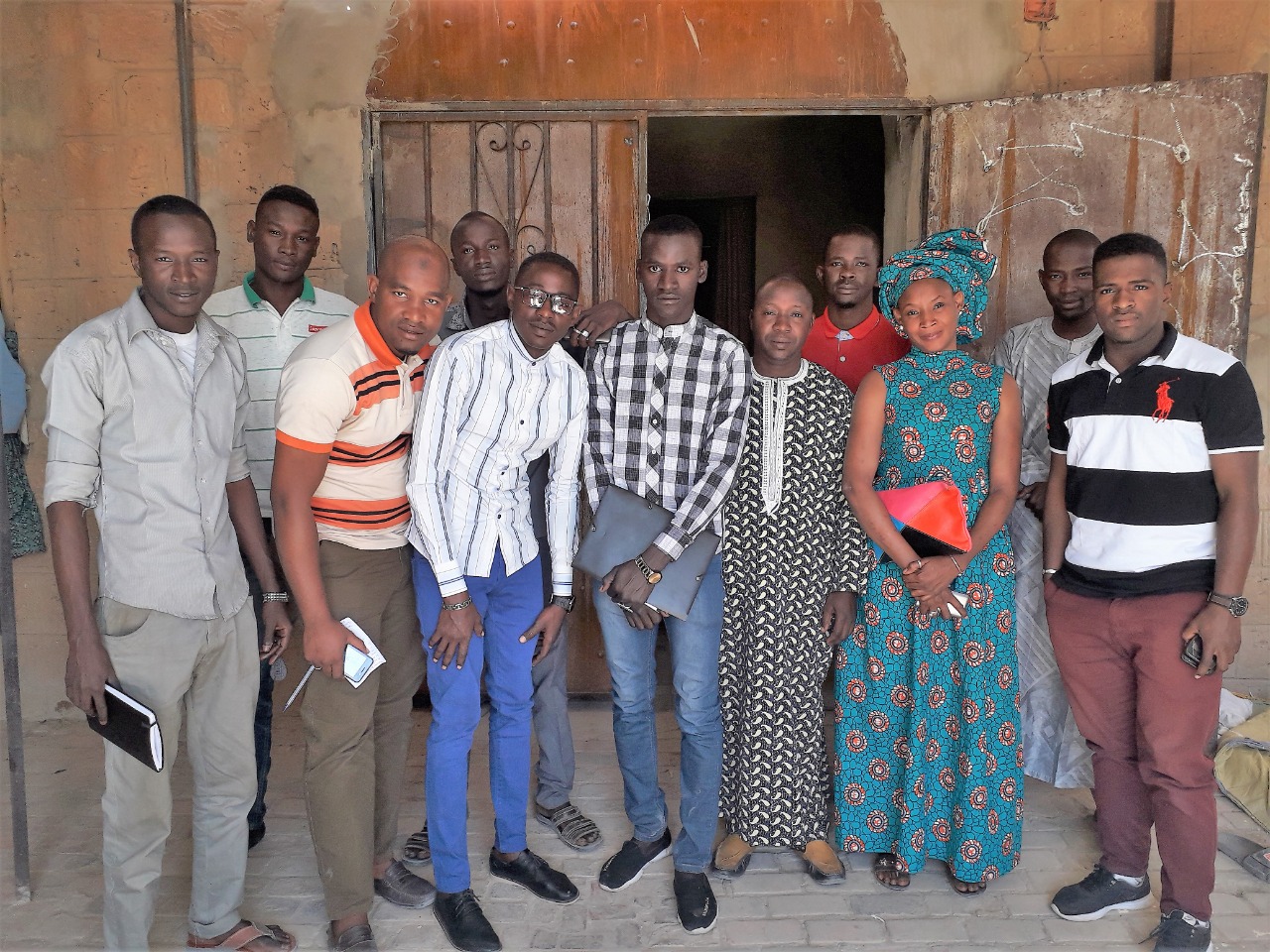NEWS
January 29, 2020

IN BRIEF
You may have read the first in our three-part series of strategy blogs yesterday in which we highlighted the key areas of our new 2020-2023 strategy, including the focus on growing our campaigns, building knowledge and bringing together communities. We explained that these three elements of our work – as outlined in our Theory of Action – now provide what we feel is a mutually reinforcing approach to supporting active citizens, responsible leaders and accountable institutions. Our new strategy emerged from a collective process of introspection and reflection around what we tried to do previously, where we came up short […]
SHARE
You may have read the first in our three-part series of strategy blogs yesterday in which we highlighted the key areas of our new 2020-2023 strategy, including the focus on growing our campaigns, building knowledge and bringing together communities. We explained that these three elements of our work – as outlined in our Theory of Action – now provide what we feel is a mutually reinforcing approach to supporting active citizens, responsible leaders and accountable institutions.
Our new strategy emerged from a collective process of introspection and reflection around what we tried to do previously, where we came up short and what this means going forward. We are ambitious and there were areas of our previous strategy where we didn’t manage everything we had hoped, or our assumptions were proven wrong.
For example, we thought that our work would naturally draw in diverse types of people and that we would easily be able to reach the most marginalized. That was wrong; we now know we have to be deeply intentional about supporting inclusion, which is absolutely central to building accountability. The kind of language we use matters and the kind of listening we demonstrate affects who joins our efforts and who remains on the sidelines. Logistics and costs can be real constraints to inclusion in some places and we realized when we were able to overcome these that our Labs did not always have the capacity to bring in the right people in meaningful ways so we lost opportunities to create the change we hoped to bring about
What we’ll do now: building “unlikely networks” and being proximate to those we work with are core cross-cutting themes of our efforts, and going forwards we are going to ensure that these networks are as diverse as possible. This begins with ourselves so we have committed internally to building the systems and putting in place the policies to ensure inclusion, from fellows to senior management and from Network Labs to the Global team. We are also dedicating resources (both financial and staff time) as far as we can to making sure all of our work reflects this thinking too; and we have set clear targets for what we want to achieve across our programming.
In our previous strategy, we also could have done better at translating and communicating our work at the community level into larger changes at the national and international level. We managed to generate excitement, engagement and new approaches around accountability but these have not always changed, yet, into more systemic reforms. This relates to learning too as we didn’t always collect the data we wanted or needed, or managed to explain why our work matters so much to the right people in the right ways. The day-to-day realities of management, systems-building, fundraising and delivery can at times prevent progress towards some of these larger goals.
What we’ll do now: we are focusing heavily on building out our ability to create narratives around our work and grow our communications capacity. We also outline in our new strategy how we will focus our efforts to influence decision-making – locally, nationally and internationally – and how we are beginning to channel learning at the country level upwards to support larger system level reforms. We are also working with our partners at Open Society Foundations, Luminate, the MacArthur Foundation and others to improve our learning capacity and approaches across contexts, starting with a strategic learning retreat this week in Abuja.
Internally, we made huge progress in building Accountability Labs in 8 different countries, but we also fell short on some of our previous operational goals. Our progress was also uneven across countries and at the global level we still did not find the right equilibrium in terms of support across functions and geographies with regard to our Network Labs. Building local Boards of Directors is still a work in progress; we need to improve our database management; our staff performance management indicators require ongoing revision; and in terms of fundraising, we sometimes struggled imperfectly with the goals and demands of some less-flexible donors.
What we’ll do now: we are now the first multi-country organization as part of the Accountable Now network that will report individually on all of our Network Labs globally, rather than just at the headquarters level. This provides us with the framework for monitoring and improving a variety of issues related to governance, learning and delivery across all of our teams. In 2020 we are also bringing in some support around HR and through leadership coaching to help us improve decision-making and goal-setting. And in terms of fundraising, we are continuing both to diversify our support base and look carefully at ways both to build up our reserve funds in case of hard times and generate more sustainable income from our activities.
These are just some highlights of the many areas where we didn’t achieve everything we set out to do in the past three years. But for us, the important thing is not that we didn’t achieve our targets, but that we set ambitious goals and tried to learn from where we fell short. These lessons are deeply embedded in our new strategy, and that’s why we’re excited about where it will take us over the next three years.
Blair Glencorse is Executive Director of the Accountability Lab.
